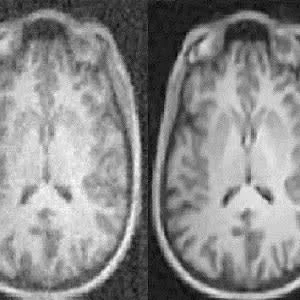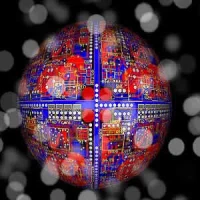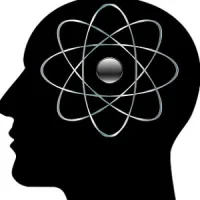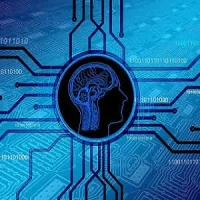Researchers have developed a new artificial intelligence-based technique that enables clinicians to acquire high-quality images from limited data, thus reducing radiation doses for CT and PET and shortening scan times for MRI. This new technique called AUTOMAP (automated transform by manifold approximation) is described in a paper published in the journal Nature.
Image reconstruction traditionally uses a chain of handcrafted signal processing modules that require expert manual parameter tuning and often are unable to handle imperfections of the raw data, such as noise, according to researchers with the Athinoula A. Martinos Center for Biomedical Imaging at Massachusetts General Hospital (MGH).
"With AUTOMAP, we've taught imaging systems to 'see' the way humans learn to see after birth, not through directly programming the brain but by promoting neural connections to adapt organically through repeated training on real-world examples," said first author Bo Zhu, PhD, a research fellow in the MGH Martinos Center. AUTOMAP uses an algorithm that lets imaging systems automatically find the best computational strategies to produce clear, accurate images in a wide variety of imaging scenarios, added Zhu.
The technique represents an important leap forward for biomedical imaging. In developing it, the researchers took advantage of the many strides made in recent years both in the neural network models used for artificial intelligence and in the graphical processing units (GPUs) that drive the operations, since image reconstruction – particularly in the context of AUTOMAP – requires an immense amount of computation, especially during the training of the algorithms.
More than producing high-quality images in less time with MRI or with lower doses with x-ray, CT and PET, the AI-based technology offers a number of potential benefits for clinical care, according to the researchers. Because of its processing speed, they noted, the technique could help in making real-time decisions about imaging protocols while the patient is in the scanner.
"Since AUTOMAP is implemented as a feedforward neural network, the speed of image reconstruction is almost instantaneous – just tens of milliseconds," said senior author Matt Rosen, PhD, director of the Low-field MRI and Hyperpolarised Media Laboratory and co-director of the Center for Machine Learning at the MGH Martinos Center. "Some types of scans currently require time-consuming computational processing to reconstruct the images. In those cases, immediate feedback is not available during initial imaging, and a repeat study may be required to better identify a suspected abnormality. AUTOMAP would provide instant image reconstruction to inform the decision-making process during scanning and could prevent the need for additional visits."
Notably, the technique could also aid in advancing other artificial intelligence and machine learning applications. Much of the current excitement surrounding machine learning in clinical imaging is focused on computer-aided diagnostics. Because these systems rely on high-quality images for accurate diagnostic evaluations, AUTOMAP could play a role in advancing them for future clinical use.
"Our AI approach is showing remarkable improvements in accuracy and noise reduction and thus can advance a wide range of applications," Rosen pointed out.
Source: Massachusetts General Hospital
Image Credit: Athinoula A. Martinos Center for Biomedical Imaging, Massachusetts General Hospital
References:
Zhu B, Liu JZ, Cauley SF, Rosen BR, Rosen MS (2018) Image reconstruction by domain-transform manifold learning. Nature, 2018; 555 (7697): 487 DOI: 10.1038/nature25988
Latest Articles
medical imaging, Artificial Intelligence, AI, AUTOMAP
Researchers have developed a new artificial intelligence-based technique that enables clinicians to acquire high-quality images from limited data, thus reducing radiation doses for CT and PET and shortening scan times for MRI. This new technique called AU










